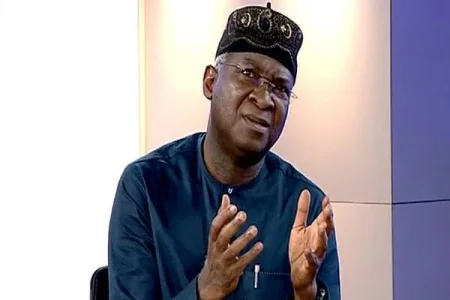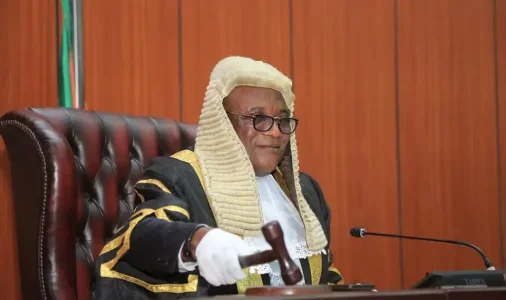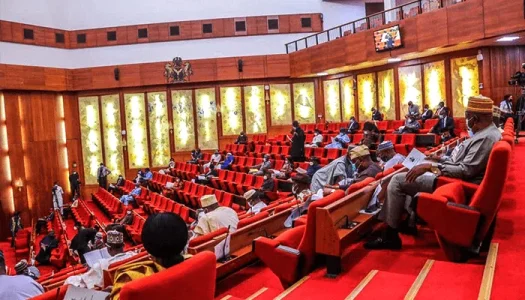
Babatunde Fashola, former Nigerian minister, slams the parliamentary system, calling it an "unwarranted disaster" that failed the country previously. His critique comes amid renewed calls to reintroduce the system, with lawmakers proposing a transition by 2031. Fashola urges proponents to reflect on why it collapsed earlier.
In a blistering critique of Nigeria's past experimentation with a parliamentary system of government, Babatunde Fashola, a former governor and cabinet minister, warned that reintroducing the model would be an "unwarranted disaster" for the country. Fashola's remarks, delivered in Ilorin on Saturday, came as lawmakers have proposed transitioning Nigeria to a parliamentary system by 2031, reigniting a long-simmering debate over the nation's governance structure.
Fashola, who served as minister of works and housing, urged proponents of the parliamentary system to reflect deeply on why the model failed when Nigeria previously adopted it from 1960 to 1963. "Nigeria once practiced this parliamentary system, but it failed and led the country into unwarranted disaster," he said. "Let us think deeply on why the parliamentary system failed us and ask ourselves if we have overcome those reasons."
The former minister's comments were a direct rebuke to the recent efforts of 60 lawmakers who sponsored a bill that scaled its first reading in the House of Representatives in February. The proposed legislation aims to facilitate Nigeria's transition to a parliamentary system by 2031, amid a broader clamor for such a shift in some political circles.
Fashola's stance reignited a long-standing debate over the relative merits of presidential versus parliamentary models of government. Proponents of the parliamentary system argue it promotes more inclusive governance and accountability, while critics contend it can lead to instability and gridlock, as Fashola suggested Nigeria experienced in the past.
Political analysts noted that Fashola's forceful opposition could carry significant weight, given his prominent role in government and reputation as a vocal critic of misgovernance. However, supporters of the parliamentary push maintained that Nigeria's current presidential system has failed to deliver effective leadership and proposed reforms could address previous shortcomings.
As the debate continues, both sides will likely point to Nigeria's tumultuous political history and the challenges of recent years to bolster their arguments. Fashola's remarks ensured the parliamentary system remains a lightning rod for broader discussions about governance and the path forward for Africa's most populous nation.




